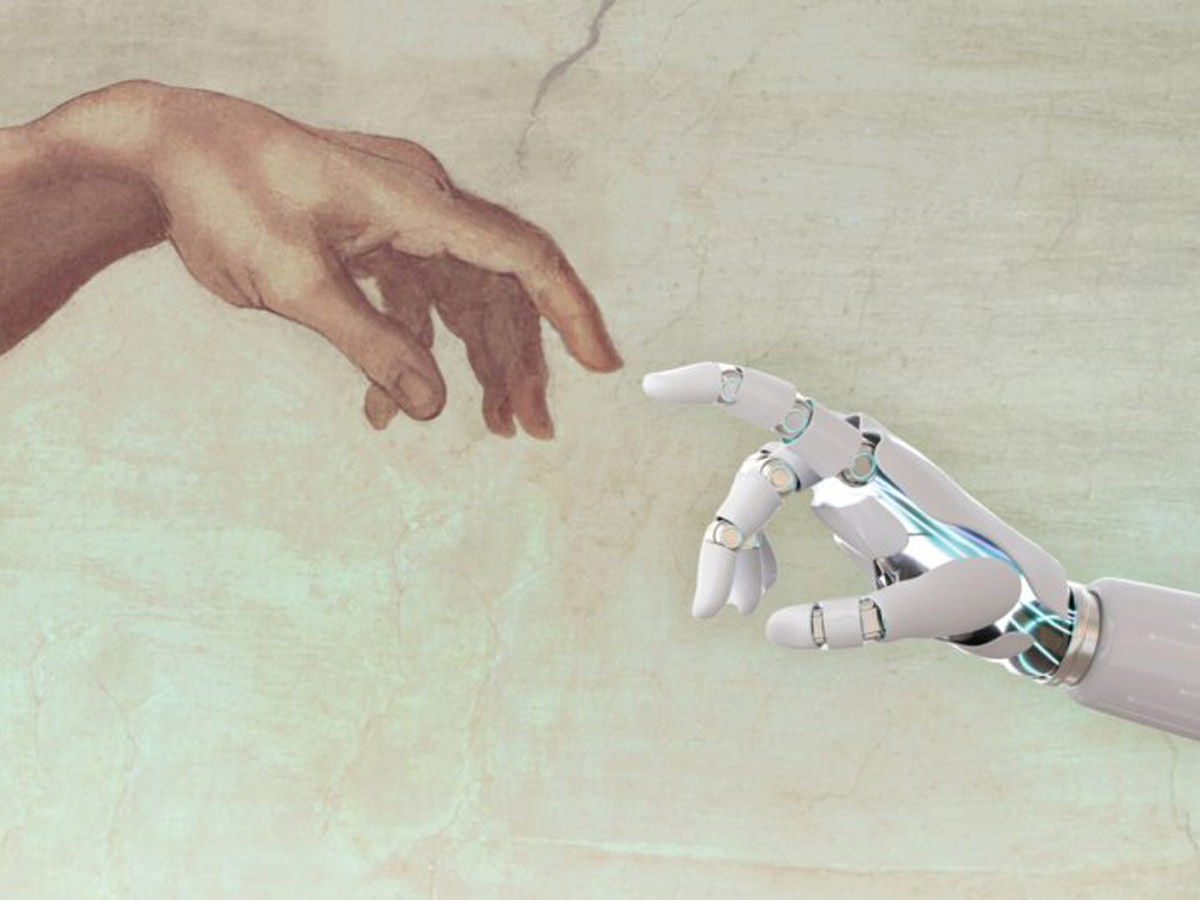
Embracing the AI advantage in accounting and business
The ‘robots’ have come for our jobs enough times at this point that we really should know to simply get out of their way. After all, they’ve taken over the more arduous or mundane tasks and have assisted the human workforce, allowing it and the organizations it serves to boost productivity.
Generative AI isn’t likely to be any different. In the now-famous words of Karim Lakhani, professor of business administration at Harvard Business School, “AI is not going to replace humans, but humans with AI are going to replace humans without AI.” And seeing as it’s here to stay—just ask Siri—those professionals also looking to stick around should probably be paying attention.
THE FALL OF PROMPT ENGINEERING
The job title “prompt engineer” has sprung into prominence over the past year as organizations look to capitalize on generative AI’s full capabilities. Prompt engineers are those individuals who create and refine instructions for generative AI programs—and they’ve recently been enjoying something of a moment. But Zohaib Akhtar, senior manager of Omnia, Deloitte Canada’s AI practice, says those days may be numbered.
“The models will no longer need that sort of consistent prompt engineering, or that sort of an input to provide us with outputs,” he says, giving the example of a generative AI program sourcing information from government regulations on trade programs for businesses. Today, prompt engineers might enter a series of directions to first find the appropriate regulation, then summarize it, then draw the key insights from the summary, and so on and so forth. “Instead of doing these five different prompts,” Akhtar explains, “I could simply say, ‘give me the most important regulation’, and the system would be smart enough to now know that in order to get to that stage, I need to first summarize, then I need to look at the key themes, then I need to synthesize further.”
A NEW CAREER PATH FOR KNOWLEDGE WORKERS
As the national transformation leader at PwC Canada, Chris Mar believes that knowledge workers will continue to benefit from AI developments, but how they work will be key to think through.
“A lot of the lower-order cognitive tasks are going to be accelerated,” says Mar. “Knowledge workers who harness this technology are going to create a whole lot more output, but how are employees actually going to learn these skills and acquire these new capabilities?”
Today, says Mar, most companies use an “apprenticeship model” in which a new hire learns new skills on the job from both human and technical resources. “If a lot of these lower-order cognitive tasks are now being automated by technology, how are they actually going to know enough to make use of the tool in an effective way?” That could result in a very different early career path for a lot of young knowledge workers, thanks to generative AI.
‘BLURRED LINES’ BETWEEN AI AND GENERATIVE AI
As we all begin to use the various forms of artificial intelligence, in a variety of ways, Deloitte’s Akhtar says we’ll soon start to see more of a “blurred line” between the two currently distinct forms. “At some point, it’ll just be referred to as AI,” he says. “And that is probably the best way to proceed, because obviously generative AI in combination with AI will continue to evolve, will continue to improve. And it’ll probably either be just referred to as Gen AI or AI, but... it’ll potentially leverage the best of both worlds.”
THE PRODUCTIVITY ARMS RACE FALLOUT
With AI being harnessed by an increasing number of organizations in a multitude of ways, productivity has been skyrocketing. But what will brands and businesses do with those suddenly available hours? “Let’s say you saved 10,000 hours out of your business by deploying this technology,” says Mar. “Are you going to downsize? Or are you going to reinvest that newfound capacity—those people—and redirect them to do something of higher value? I believe the better companies are going to think about how they can strike the balance.”
THE EVOLUTION OF THE CPA’s ROLE
While Mar notes early career paths will change, CPA Canada’s director of research and thought leadership, Taryn Abate, believes that change is accompanied by a continuously evolving future role for CPAs. “Finance professionals and assurance providers are increasingly incorporating analytics, RPA and AI into their processes; this will only continue as the accessibility and power of AI increases.” CPA Canada and the American Institute of CPAs (AICPA) are developing a series of resources on the evolution of AI and the professional accountant’s role. “This series aims to build an understanding of the progression and adoption of AI in professional accounting and audit and explores the role of the CPA in the responsible development and use of AI.”
DELVE INTO THE WORLD OF AI—AND MORE
View CPA Canada’s extensive tech resources and learn more about ChatGPT. Plus, check out our RPA certificate and advanced data management certificate.
As Karim Lakhani, professor at Harvard Business School, has said, “AI is not going to replace humans, but humans with AI are going to replace humans without AI” (Getty Images)